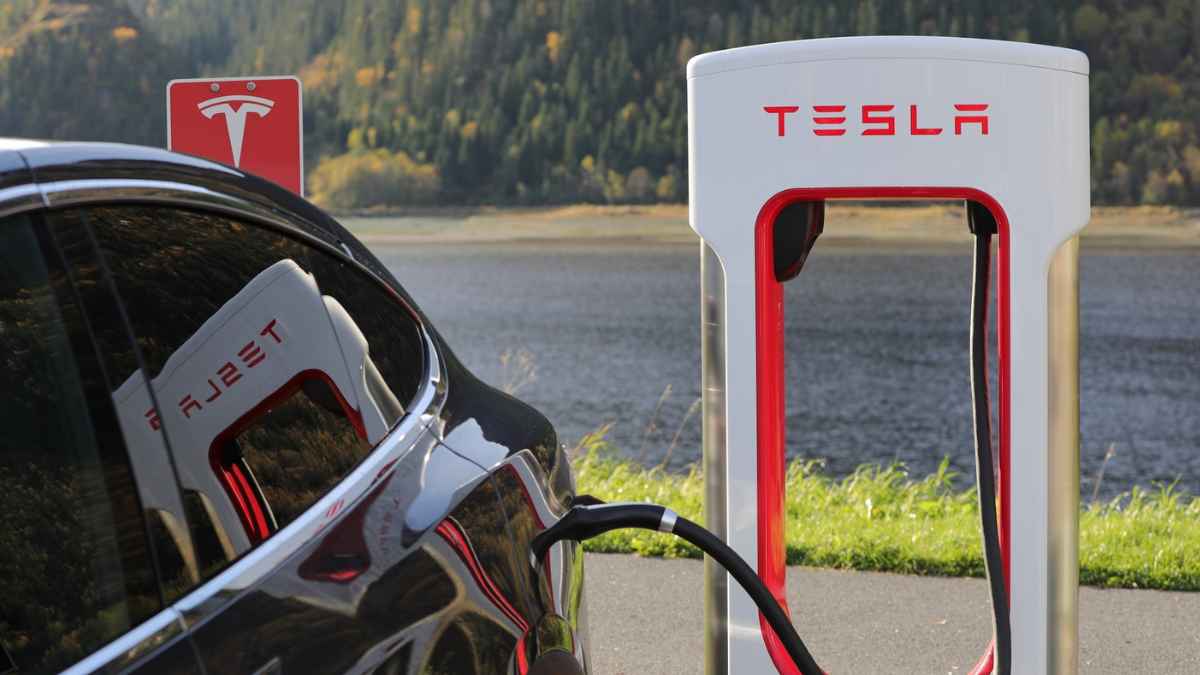Measures to promote the use of electric cars around the world, but especially in the European Union, are generating great expectation and also some confusion among drivers of traditional vehicles, i.e. gasoline or diesel. Although it seemed that the electric vehicle industry would arrive to revolutionize the market and reduce costs, the results are proving the opposite. Several studies surprisingly place gasoline cars as the most favorable in some aspects, although they are still the most polluting, which is their main disadvantage.
Driving an electric car versus a gasoline car
According to various research studies, electric cars are not living up to the expectations of industrial advances in the motor industry, and are even more expensive to drive than traditional gasoline-powered vehicles. For example, to travel 1.6 kilometers with an electric car, it is necessary to spend about 29 euros, while with a gasoline or diesel car the cost would be approximately 15 euros, i.e. almost half. This high cost of charging on the road is due, according to ZapMap, to the fact that the electric charging service is not sufficiently widespread.
This makes it clear that the price difference between driving an electric car and a gasoline car is directly related to the high cost of charging each kilowatt hour (kWh), despite technological advances. Another factor in favor of gasoline or diesel cars is their range. Despite the existence of fast chargers for electric vehicles, it has not yet been possible to match the development that makes it possible to drive for hours with a traditional car without stopping to refuel. The only situation in which it is economically profitable to use an electric car is if you have a charging station at home, which considerably reduces daily costs and is a good investment for those who can afford a fast charger.
All this seems to be reflected in the decline in electric car sales in recent years. In the UK, although these vehicles continue to be sold, in 2022 they accounted for 18% of total registrations. By 2024, however, that figure has dropped to 17.2%. Although the change may not seem drastic, many expected exponential growth that has not occurred.
Figures in Europe are worrying
While the change in the U.K. does not seem as abrupt, in the rest of Europe the situation is more alarming. According to August 2024 data, electric car registrations have fallen by 44% compared to previous years. This decline is starting to worry manufacturers, as Mike Hawes, chief executive of the Society of Motor Manufacturers, has pointed out. To reverse this situation, the possibility of eliminating VAT on fast chargers is being studied, with the aim of lowering their price and making them more competitive with gasoline-powered cars. This would make it easier for drivers to install chargers at home or nearby.







